
Nothin' but the Blues
America's truly original music form
Get answers to questions about the Blues
Learn interesting stuff about Blues performers
Discover some great Blues CDs you can buy (not from me)
Check out "The Bluez Projekt" (my own blues recordings)
Learn about Open-G tuning, Open-E tuning and Slide guitar
See what happy readers say about these blues pages
Find links to other Blues-related resources
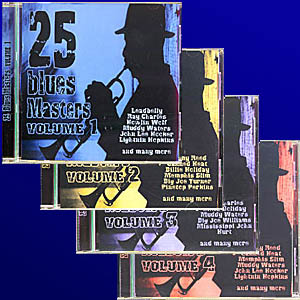

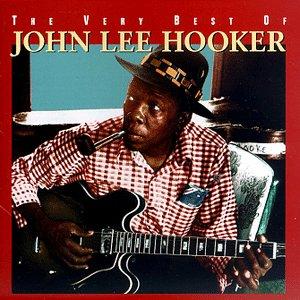
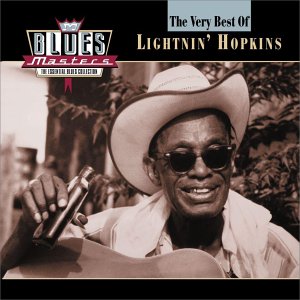
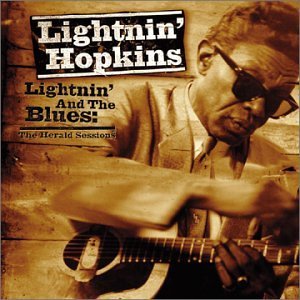
.jpg)
.jpg)
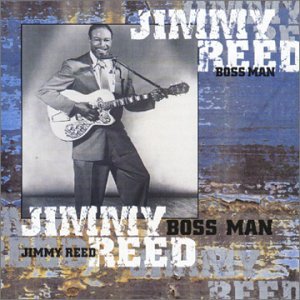
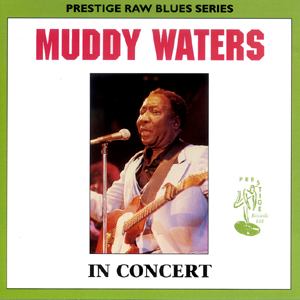
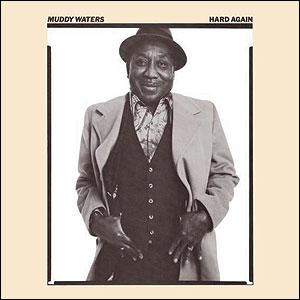
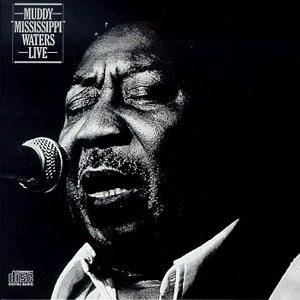
 Send Mark Jeghers a message
Send Mark Jeghers a message